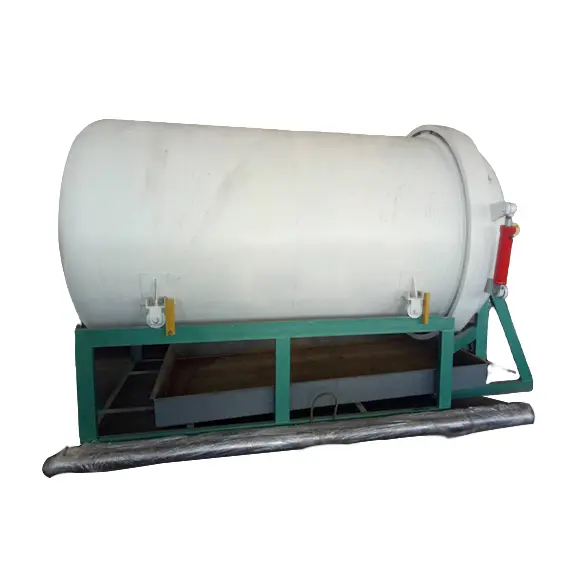ທ.ວ. . 26, 2024 08:46 Back to list
Understanding the Benefits and Uses of Cottonseed Oil in Cooking and Industry
The Process and Benefits of Cottonseed Oil Pressing
Cottonseed oil, derived from the seeds of cotton plants, is a versatile and valuable vegetable oil. As an essential ingredient in various food products, cosmetics, and industrial applications, the method of extracting oil from cotton seeds—commonly referred to as cottonseed oil pressing—plays a crucial role in its production. This article delves into the process of cottonseed oil pressing and highlights its benefits.
Understanding Cottonseed Oil Pressing
Cottonseed oil pressing involves several steps beginning with the collection of cotton seeds after the cotton fibers have been harvested. Once gathered, these seeds undergo cleaning to remove impurities such as dust, dirt, and leaves. The cleanliness of the seeds is vital as it directly affects the quality of the extracted oil.
After the cleaning process, the seeds are usually subjected to a mechanical pressing method. This involves crushing the seeds using a hydraulic press or screw press machinery. The pressing process generates heat, which helps to release the oil contained within the seeds. The oil comes out while the remaining solid part, known as cottonseed cake or meal, is separated. This cake is high in protein and can be used as livestock feed or fertilizer, demonstrating the value of cottonseed beyond just oil production.
In some cases, a second extraction process may be employed. This involves using solvents, typically hexane, to recover any residual oil left in the cottonseed cake. Although solvent extraction increases oil yield, it often requires further refining to remove any traces of the solvent, which adds complexities to the process.
Benefits of Cottonseed Oil
cottonseed oil press

Cottonseed oil boasts a variety of health benefits. It is low in saturated fat and high in unsaturated fats, making it a heart-friendly choice for cooking oils. Additionally, it contains polyunsaturated fatty acids, particularly omega-6 fatty acids, which are essential for maintaining good health, aiding in cholesterol management, and supporting overall cardiovascular wellbeing.
Beyond its health benefits, cottonseed oil is favored in culinary applications due to its light flavor and high smoke point. This makes it ideal for frying, baking, and salad dressings. It is also commonly used in the production of margarine and snack foods.
From an industrial perspective, cottonseed oil has applications in the manufacturing of soaps, cosmetics, and textiles. Its emulsifying properties make it an excellent ingredient in skincare products and shampoos, providing moisture and nourishment to the skin and hair.
Environmental and Economic Implications
The pressing of cottonseed oil also has positive implications for the environment and the economy. Utilizing cottonseed, a byproduct of cotton farming, minimizes waste and promotes sustainable practices in agriculture. Furthermore, the cottonseed oil industry provides jobs and economic opportunities in rural areas where cotton is grown, contributing to the livelihoods of many families.
In conclusion, cottonseed oil pressing is not just a vital technical process but an important aspect of agricultural economics and health. With its diverse applications and health benefits, cottonseed oil continues to be a significant player in both the culinary and industrial arenas. By understanding and appreciating this process, consumers and producers alike can contribute to a more sustainable future while enjoying the advantages of this valuable oil.
-
LZY-206 Double Screw Cold Oil Press – Maximize Yield, Preserve Nutrients
NewsAug.21,2025
-
Efficient Black Seed Oil Expeller & Multi-Seed Oil Press
NewsAug.19,2025
-
HP 120 Model Cold Oil Press-Hebei Huipin Machinery|Energy Efficiency, Multi-Functionality
NewsAug.18,2025
-
HP 120 Model Cold Oil Press-Hebei Huipin Machinery|Oil Extraction, Multi-Functional
NewsAug.18,2025
-
HP 120 Cold Oil Press - Hebei Huipin | Automation & Efficiency
NewsAug.18,2025
-
Safflower Oil Press Service: Efficient & Quality Extraction
NewsAug.18,2025
